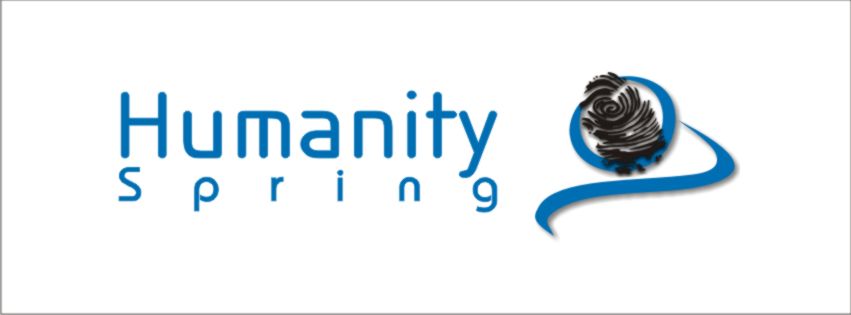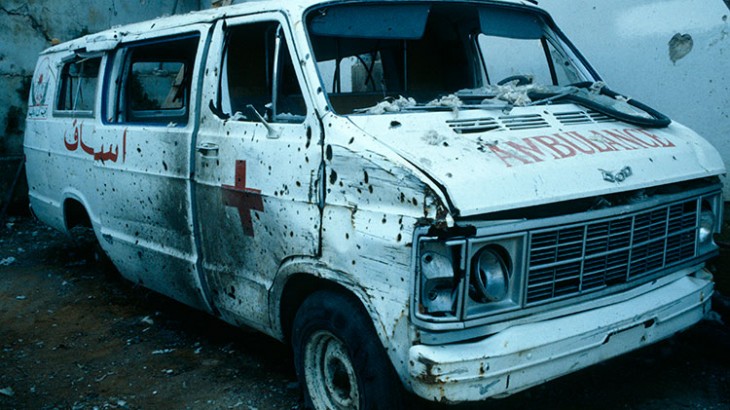Health is under attack- not only by microbes or tumors but also by machetes, guns, and bombs. Very few human situations have a feedback-loop system that continues to fuel misery, poverty, and unimaginable suffering than the negative effects that armed conflicts have had on healthcare delivery. While the results of war on human societies are known and probably well recognized by all of us (chaos, hunger, diseases, etc.), many people are still not cognizant of the reality that conflicts hammer unto healthcare delivery.
In February 2019, Doctors without borders (MSF) suspended it’s Ebola response in the Democratic Republic of Congo due to incessant attacks on its facilities and members of staff in the province of North Kivu thus reversing some gains that had being made in the fight against the 2014 Ebola outbreak on the African continent. In recent times, when events like these are reported, somewhere in the back of our minds, we group these events with rare events like we would spotting a black swan on a lake in France. However, attacks on health care workers and politically motivated acts of sabotage targeting health services is becoming more frequent as factions of people struggle for resources and political power.
The right to health and the sanctity of the international humanitarian law is being abused at all levels of society by individuals, groups of people and nations. In October 2015, at least 42 people were killed by a US gunship attack on a hospital in the Kunduz province of Afghanistan. Although former US President Barack Obama apologized officially, one year later, amnesty international found evidence that the USA and UK made bombs were being used by the Saudi Arabian government to pummel hospitals and civilians in Yemen. This hasn’t changed to date in spite of the tremendous lobbying and political debates that have been going on in high circles to end this shameful carnage.
In 2012, the World Health Assembly adopted a resolution, which requested WHO to provide leadership at the global level in collecting and reporting information on attacks on health care in order to gather evidence on attacks on health care, advocate for the termination of such aggressions, and to promote best practices for safeguarding health care from attacks. Although the establishment of this mechanism should be celebrated by all defenders and lovers of humanity, things still seem not to have changed and I hold the opinion that an international Congress needs to be organized at the UN levels to agree on sanctions and repercussions that could be placed on warring factions that attack health care workers or whose actions threaten the smooth flow of healthcare delivery which is undeniably an essential service to the human family.
Last month, the World Health Organisation declared Nigeria free from the wild poliovirus. Until last month, this virus has been endemic in three (3) nations- Afghanistan, Nigeria, and Pakistan. One of the major reasons why it has not been completely eradicated is that in these three countries, the lives of healthcare workers have been under threat by Islamists who held that the vaccine against poliomyelitis was a conspiracy to sterilize offspring. The recent overdue but welcome victory in the eradication of the wild poliovirus in Nigeria is an example of what can happen to any of the diseases that plague us if healthcare workers are granted free passage and given a clear card to be able to carry out their humanitarian service. The success story from Nigeria is as a result of the bravery, hard work, sacrifices, and the engaging contribution of enlightened community leaders. This system can be replicated anywhere in the world where conflict and diseases thrive together. Let’s continue to support our healthcare workers and spare them. They are not targets.
Photo Credit: ICRC

